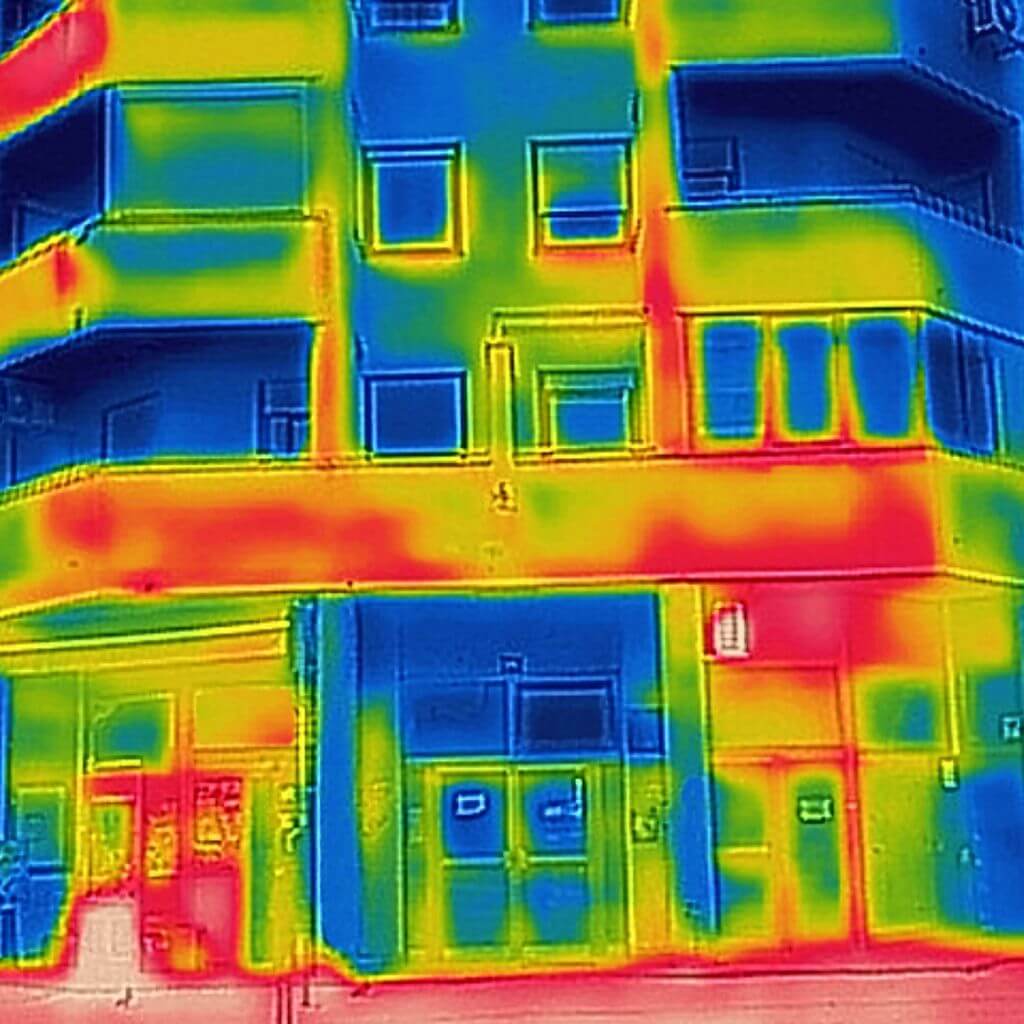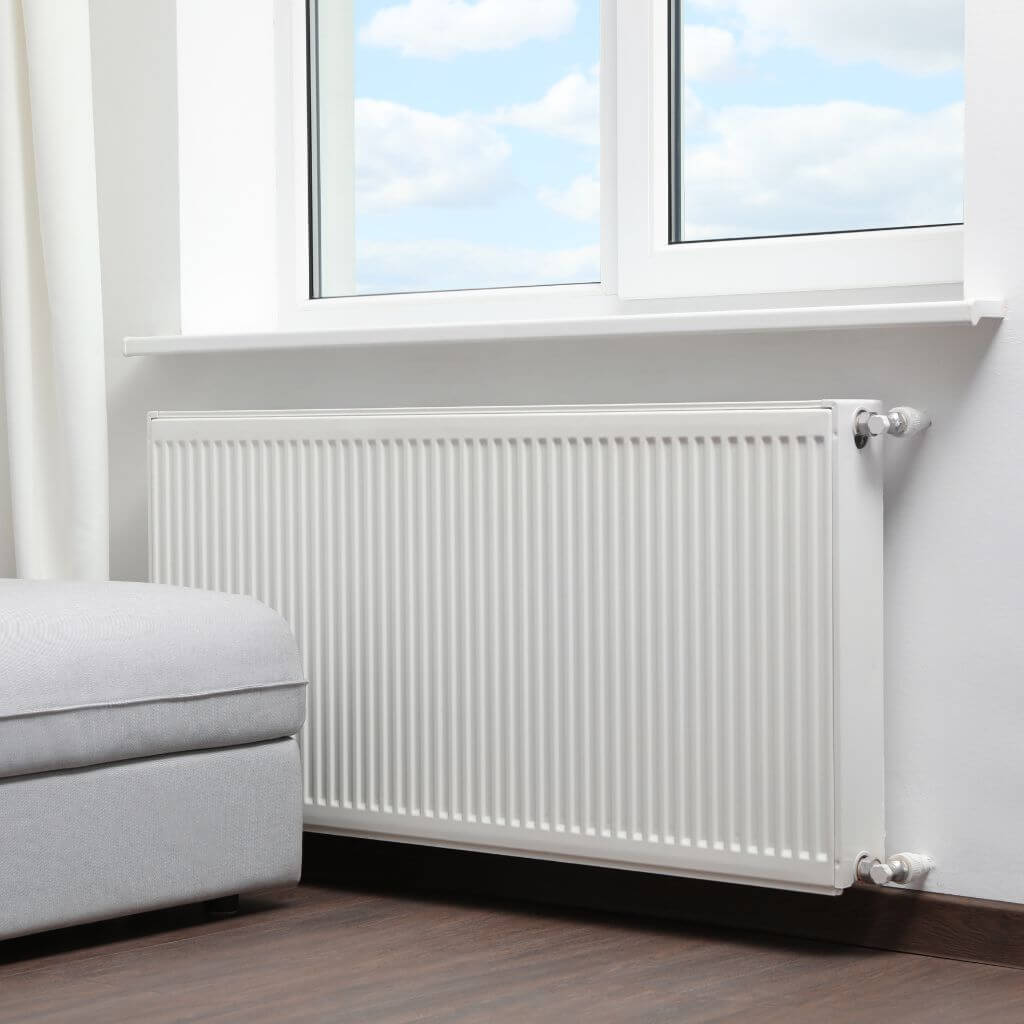
Have you ever wondered how to effectively calculate the heating requirements for your home in the UK? Look no further! In this article, you will discover the ins and outs of using a BTU calculator – a handy tool that helps you determine the British Thermal Units needed to efficiently heat your space. Whether you’re a DIY enthusiast looking to upgrade your heating system or simply want to ensure optimum comfort during chilly winter nights, using a BTU calculator will make the process a breeze. Read on to learn more about this valuable tool and take control of your home’s heating needs.
Understanding BTU
What is BTU?
BTU stands for British Thermal Unit, and it is a unit of measurement commonly used to quantify heat energy. In simpler terms, it measures how much heat is needed to raise the temperature of one pound of water by one degree Fahrenheit. In the United Kingdom, BTUs are used extensively in the context of heating systems.
How is BTU used in the UK?
In the UK, BTUs are used as a standard unit of measurement when it comes to understanding the heating requirements of a space. This is particularly important when choosing the right heating system and determining the size and capacity of radiators or other heat emitters needed to provide adequate warmth.
Why is BTU important for heating systems?
BTUs play a crucial role in ensuring that heating systems are efficient and effective in providing a comfortable living or working environment. By accurately calculating the required BTU output of a heating system, you can avoid wasted energy and unnecessary costs from oversized or undersized heaters. Understanding BTUs also allows for better control over comfort levels and helps avoid underheating or overheating a space.

Choosing a BTU Calculator
Online BTU calculators
Online BTU calculators are a convenient tool for homeowners or installers to get a general estimation of their heating requirements. These calculators often require you to input details such as room dimensions, insulation levels, and the type of space being heated. While online BTU calculators are user-friendly and accessible, they can sometimes lack the accuracy needed for complex heating systems or unique circumstances.
BTU calculators from heating system manufacturers
Many heating system manufacturers offer their own BTU calculators on their websites. These calculators are often tailored to the specific products they offer, taking into account the features and efficiency of their systems. Using a manufacturer’s BTU calculator can provide a more accurate estimate, but it may limit your options to only their products.
Consulting with a heating engineer
For comprehensive and reliable BTU calculations, it is recommended to consult with a heating engineer. These professionals have the expertise to assess your heating requirements accurately and provide tailored recommendations. They consider factors such as room dimensions, insulation, and specific usage patterns to determine the optimal BTU output for your heating system. While consulting with a heating engineer may incur additional costs, it ensures the most accurate and efficient heating solution for your space.
Gathering Input Data
Measure the room dimensions
To accurately calculate the BTU requirements for a room, you need to measure its dimensions. Start by measuring the length, width, and height of the room using a tape measure. Note down these measurements as they will serve as inputs in the BTU calculation process.
Assess insulation levels
The level of insulation in a room significantly affects its heating requirements. Consider the insulation thickness in walls, ceilings, and floors, as well as any double glazing or draught-proofing measures in place. The better the insulation, the lower the heat loss, thus reducing the required BTU output.
Determine occupancy and usage
The number of people occupying a room and its usage patterns can influence the BTU requirements. Areas with high occupancy levels or areas where there are activities that generate additional heat, such as a kitchen or a home office, may require higher BTU outputs to maintain adequate warmth.
Calculating BTU Requirements
Using the room volume method
The room volume method is a straightforward approach to calculating BTU requirements. It involves multiplying the room’s dimensions (length x width x height) to get its volume in cubic feet. Then, you can multiply this volume by a heat loss factor to determine the required BTU output. The heat loss factor varies depending on the room’s insulation levels, with better-insulated rooms having lower heat loss factors.
Applying the heat loss method
The heat loss method is a more detailed approach that takes into account various factors to calculate accurate BTU requirements. It considers factors such as room dimensions, insulation levels, windows, doors, and even the outdoor temperature. By using a heat loss formula or software, you can determine the heat loss rate of the room and calculate the appropriate BTU output needed to maintain desired comfort levels.
Considering Heat Emitter Options
Radiators
Radiators are a common and popular heat emitter option in the UK. They come in various sizes and designs and can be powered by a central heating system or electrically. When choosing radiators, it is important to ensure that they have the appropriate BTU output to adequately heat the room. This is where accurate BTU calculations come into play, as choosing radiators with too low or too high BTU outputs can lead to discomfort or energy wastage.

Underfloor heating
Underfloor heating provides efficient and comfortable heating by distributing heat evenly throughout the room. It involves installing a network of pipes or electric heating elements beneath the floor, providing a radiant heat source. When considering underfloor heating, accurate BTU calculations are crucial to ensure the system can efficiently heat the room and maintain the desired temperature.
Convection heaters
Convection heaters work by heating the air in a room and circulating it to provide warmth. These heaters are often portable and can be wall-mounted or free-standing. When selecting a convection heater, it is important to choose one with the appropriate BTU output for the room size. BTU calculations help determine the optimal heater size to achieve optimal heating efficiency and comfort.
Adjusting BTU Calculation for Special Cases
Double glazing
If a room has double glazing, it provides better insulation and reduces heat loss compared to single-glazed windows. When calculating BTU requirements, it is important to take into account the lower heat loss associated with double glazing. Adjustments can be made to the BTU calculations to reflect the improved insulation provided by double-glazed windows.
High ceilings
Rooms with high ceilings can affect the heat distribution and BTU requirements. Heat tends to rise, and taller spaces require extra BTUs to compensate for the increased volume and maintain comfortable temperatures near the floor level. Accurate BTU calculations for rooms with high ceilings are essential to ensure even heat distribution and to avoid cold spots.
Poor insulation
In cases where a room has poor insulation or significant heat loss due to draughts or inadequate insulation materials, adjustments to BTU calculations need to be made. Additional BTUs may be required to compensate for the increased heat loss and maintain the desired comfort level.
Seeking Professional Advice
Benefits of consulting a heating engineer
Consulting a heating engineer has several advantages when it comes to BTU calculations. These professionals have the knowledge and experience to accurately assess the heating requirements of a space. They consider factors that may be overlooked by online calculators or general guidelines, resulting in more precise and tailored BTU calculations. Additionally, heating engineers can provide guidance on energy-efficient systems, cost savings, and ensure compliance with regulations.
Ensuring accuracy and efficiency
By seeking professional advice, you can ensure that your BTU calculations are accurate and efficient. Heating engineers take into account various factors specific to your space, such as insulation levels, usage patterns, and unique requirements. They can recommend the most appropriate heating system, heat emitter options, and provide guidance on correct installation practices. This ensures optimal heating efficiency, cost savings, and a comfortable living or working environment.
Using BTU Calculations for Purchasing and Installation
Choosing the right heating system
Accurate BTU calculations are crucial when selecting the right heating system for your space. By knowing the required BTU output, you can ensure that the system you choose has the necessary capacity to meet your heating needs. Oversized or undersized systems can lead to energy wastage, discomfort, and increased costs. BTU calculations guide you in making an informed decision that aligns with your heating requirements.
Determining radiator sizes
BTU calculations are instrumental in determining the appropriate radiator sizes for each room. Radiators come in different sizes and capacities, and matching the BTU output of the radiator to the calculated BTU requirement ensures optimal heating performance. Installing radiators with the correct BTU output results in efficient heat distribution and comfortable temperatures throughout the room.
Planning for correct installation
BTU calculations also play a role in ensuring the correct installation of heating systems. Knowing the necessary BTU output helps determine the positioning and number of radiators or heat emitters required to achieve even heat distribution. This information allows for proper planning and installation, avoiding potential issues such as cold spots or insufficient warmth.
Monitor and Adjust
Regularly assess heat output
Once your heating system is installed and operational, it is important to regularly assess the heat output. This involves monitoring the temperature in different areas of the room, checking for any temperature variations or inconsistencies. By evaluating the heat output, you can identify and address any issues promptly, ensuring that the heating system is performing optimally.
Adjusting BTU requirements as needed
Over time, your heating requirements may change due to factors such as renovations, changes in usage patterns, or improvements in insulation. BTU calculations provide a baseline for understanding your heating needs, and if changes occur, adjustments to the BTU requirements may be necessary. Consult with a heating engineer to recalculate the BTU output and make any necessary changes to the heating system to maintain optimal performance and efficiency.
Conclusion
BTU calculators simplify the process
Understanding BTU and having access to BTU calculators simplify the process of determining the heating requirements for your space. Whether you choose to use online calculators or consult with a heating engineer, these tools offer a convenient way to estimate the optimal BTU output needed to achieve desired comfort levels.

Accurate calculations lead to optimal heating efficiency
Accurate BTU calculations are essential to ensure optimal heating efficiency. By accurately assessing the heat requirements of a space, you can avoid energy wastage, unnecessary costs, and discomfort. BTU calculations guide the selection of the right heating system, heat emitter options, and radiator sizes, contributing to a comfortable and efficient living or working environment. Seeking professional advice from a heating engineer further enhances accuracy and ensures compliance with regulations. With accurate BTU calculations, you can achieve optimal heating efficiency and enjoy a cozy space throughout the year.













